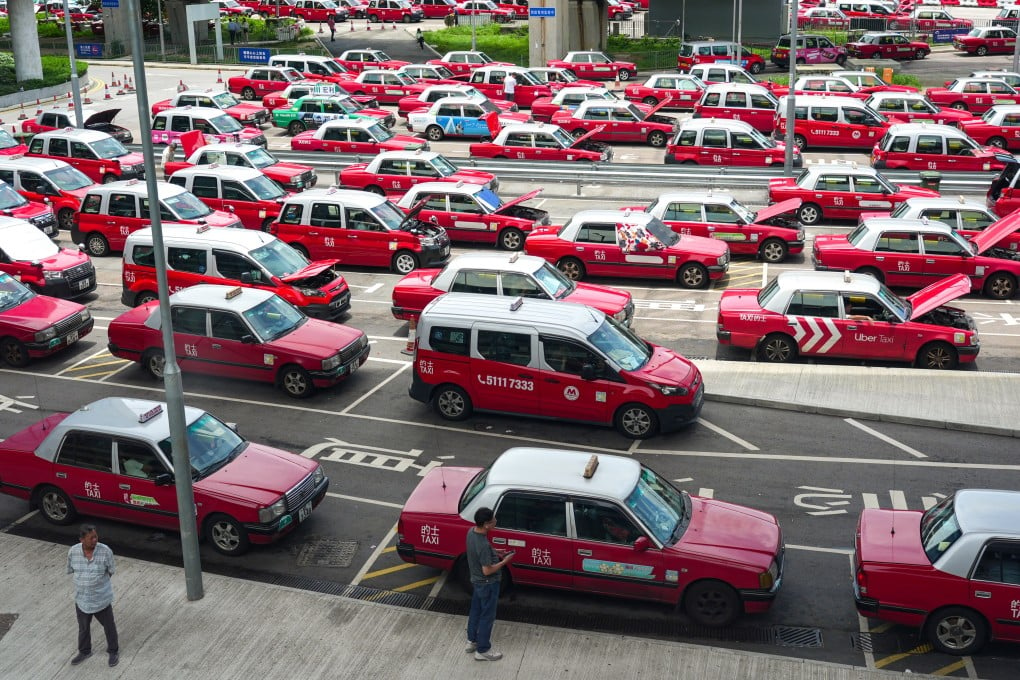Hong Kong taxis raise flag-fall charge, while minister says premium cabs may start this year
- HK$2 increase takes initial charge to HK$29 for urban taxis, HK$25.50 for those operating in New Territories and HK$24 for Lantau cabs

Hong Kong taxis raised their flag-fall charge by HK$2 (26 US cents) on Sunday, as the transport chief revealed that new premium cab fleets could begin operating as early as this year.
Secretary for Transport and Logistics Lam Sai-hung also brushed aside concerns over the 12 months the government was taking to study commuter needs intended to shape regulations for ride-hailing services such as Uber, arguing extensive research was needed.
The HK$2 increase takes the flag-fall charge to HK$29 for urban taxis, HK$25.50 for those operating in the New Territories, and HK$24 for Lantau cabs.
Tai Kok Tsui resident Josephine Ho said the fare hike would not deter her from taking taxis for short and medium distances, especially during the “unbearable” summer heat.
“It is just more cost-effective and more comfortable taking taxis,” she said. “But I certainly hope I can get more polite service since I pay more now.”
Cabbie Chung Tak-wing said he expected his business would not be “heavily affected” by the fare hikes.